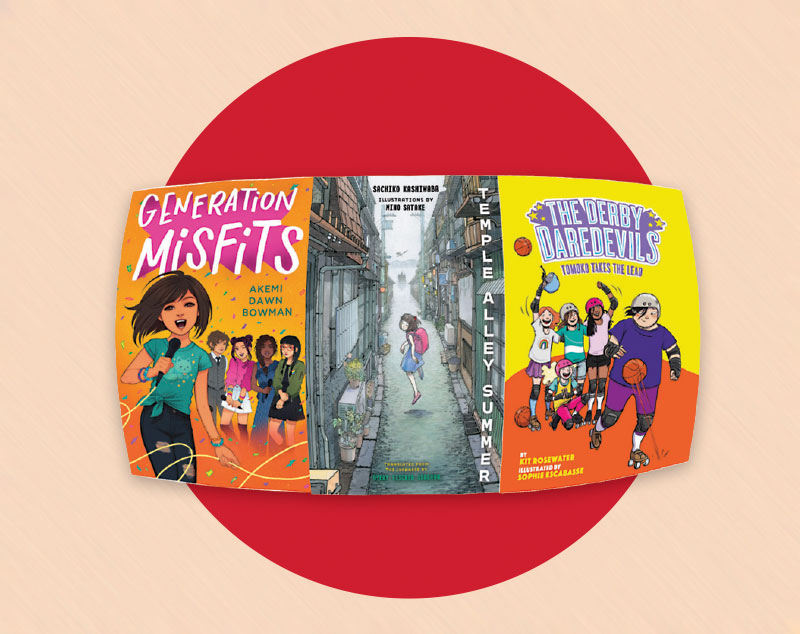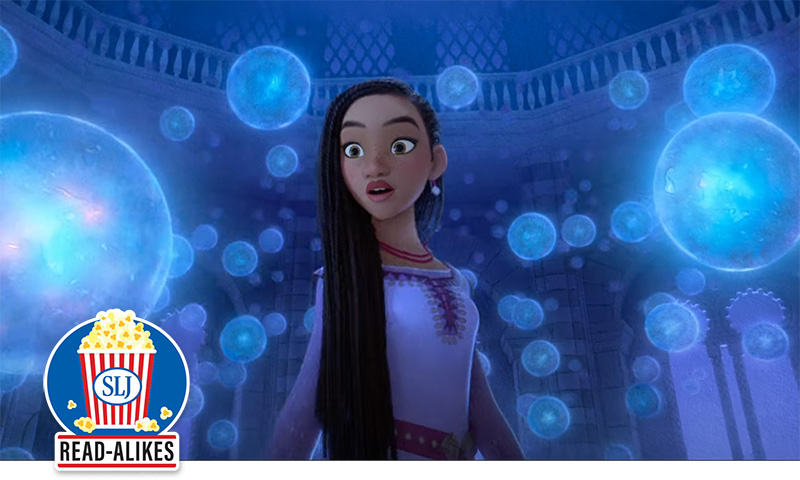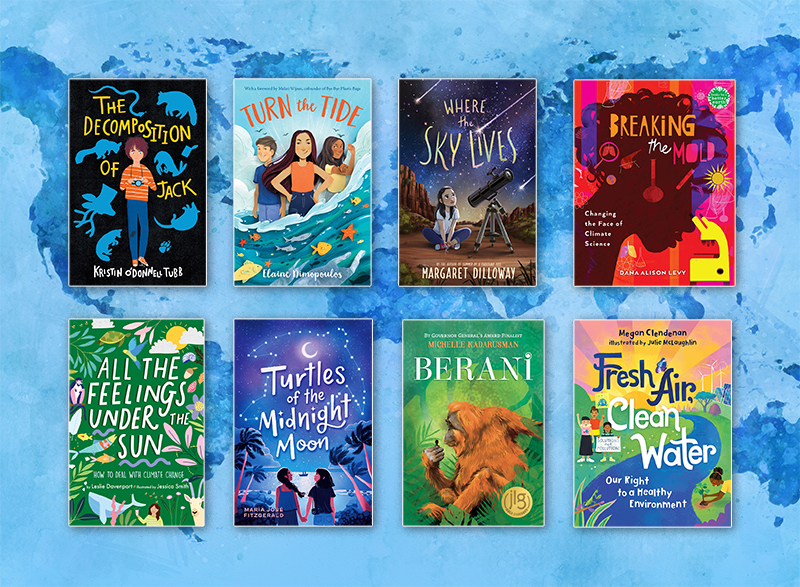The Key is Self-love: Powerful Transitions in YA Books, a guest post by Charlene Allen
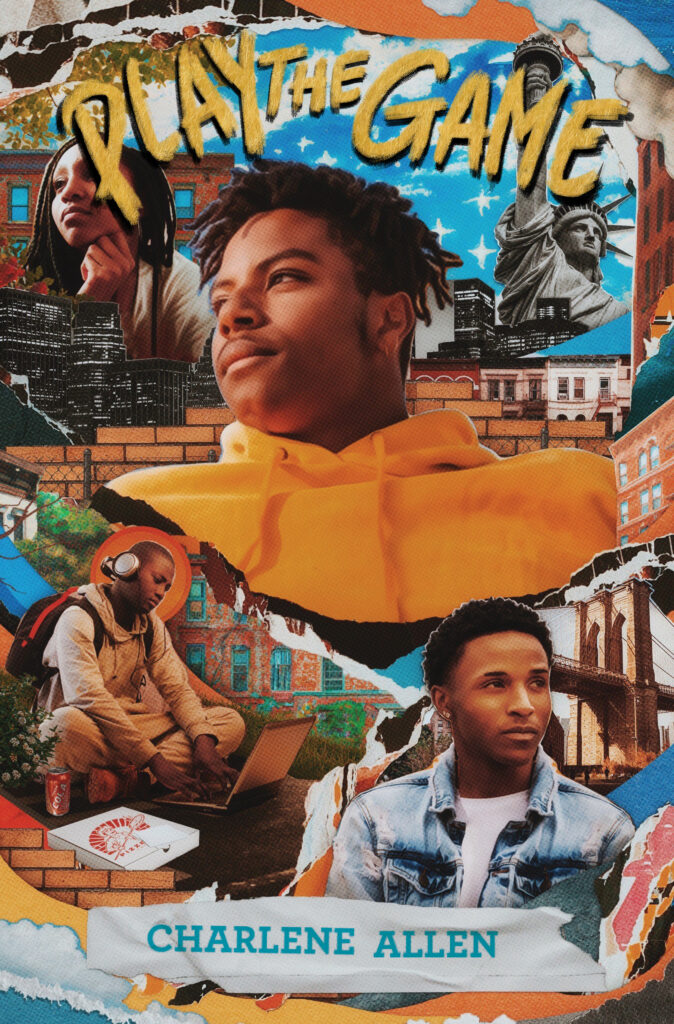
I love a good transition story. When I was a teenager, I realized that the best coming of age books captured more than one transition, as the characters wrestled with adulthood in the context of other major challenges. I came to understand that transitions, whether the ones we choose, or the ones life demands of us, are profoundly internal processes, often requiring that we learn to love, trust, or forgive ourselves, to get to the other side. Reading, and ultimately writing, diverse tales of transition has helped me deal with the inevitable turning points in my own life. And these stories continue to help me, as I discover more powerful YA books.
In my debut novel, Play the Game, VZ Brown is overwhelmed by grief after his best friend’s death at the hands of a white vigilante. Now, the man who killed Ed has been found dead, too, and VZ has to discover who killed the killer before another of his friends takes the fall. Though he’s considered himself the chill background guy all his life, VZ has to take the reins to get himself and his friends through this tough situation. And before he can lead, he has to heal.
ADVERTISEMENT
ADVERTISEMENT

Transitioning through loss is a theme beautifully addressed In Turning, by Joy L. Smith. Genie, a ballet prodigy, has a terrible fall that leaves her unable to feel or use her legs. To come back from despair, she has to see the possibilities of who she can be without dance. She catches glimpses of a possible new Genie in the ways others see her and in the quiet moments when she sneaks up on herself. And this gives her the strength to face the less appealing parts of the old Genie; the ones she ignored when the lovely dancer took up all the space in her mirror. Through this consistently engaging book, we see Genie embrace her hidden gifts, forgive and improve the parts of herself she hasn’t loved, and emerge as her full self, with the dancer still inside, but no longer defining all of who she is.
In Play the Game, the loss of his friend Ed sends VZ into a depression that leaves him hiding in his room for months. To move through his grief, he has to see his way of grieving as legitimate and forgive himself for not going to Ed’s funeral or protesting in the streets to show his rage at how Ed was killed. That small step toward healing -achieved with the help of friends – allows him to acknowledge the times he wasn’t a good friend to Ed, when Ed was alive. And from there, he can finally see the ways he was an excellent friend.
Luckily, most coming of age protagonists also face positive transitions, the kind we choose but don’t really know how to make happen. The transition in my life that most fed Play the Game is when I moved to New York City as a teenager. At the time, I didn’t have many friends and home wasn’t much fun. Both of my sisters had left for college (deserted me in my opinion), and my parents were pretty unhappy with each other. Before moving to the city, I chose to ignore my life as much as possible by spending time in other people’s, through TV, movies, or books.
And then came New York, where the teenagers did so many things I wanted to do. They rode subways and never had to ask their parents for a ride, ate at diners that looked out on Broadway theatres, and even knew neighborhood dance clubs where they didn’t “bother with checking IDs.” It was too much to believe. But if I wanted to be a part of this new universe, I had to adapt, rather than observe. Like VZ, I had to stop playing it safe.

In Emery Lee’s Meet Cute Diary, Noah is in his first three weeks of deciding to live as a boy, though he was assigned a female gender at birth and has lived as a girl for sixteen years. So far, one of the best parts of coming out as trans has been moderating the Meet Cute Diary, a blog that helps trans kids stay hopeful about finding love, through a constant flow of happy romance tales. Of course, Noah wants that picture perfect romance for himself, too. The lesson of Noah’s transition is that the romance he thought he wanted isn’t actually right for him. To get what he wants, he has to admit the superficiality of his dream, so that he can move on to something more real.
Similarly, in order to become a leader, VZ has to discard the part of himself that felt superior to Ed, so he can actually learn from Ed. And learning from Ed turns out to be critical in solving the mystery of who killed Ed’s killer.
A final key to transition, in Play the Game and other coming of age stories, is accountability.

In Matt de la Pena’s We Were Here, Miguel has done something he finds so terrible that he pretends it hasn’t happened. His healing journey starts when he learns to live with the knowledge of what he did. Like VZ and Genie, he has help, in the form of friends who recognize his value and reflect it back to him when he isn’t able to see it for himself. Slowly, along the route of a walk down the California coast, Miguel learns to take responsibility for what he did. And that brings him to the last crucial step in his transition – finding meaningful ways to make up for the hurt he caused. It’s this accountability that allows him to emerge, a young man who is able to choose happiness.
In Play the Game, VZ has to be honest with himself about the ways he hurt Ed. He can then move on to accountability, or as he puts it, doing right by Ed as best he can. For him, this means playing Ed’s game and helping their friend, Jack. And, it means taking back his own life, with Ed’s memory a permanent part of his power, humor, and joy.
Transitions are tough, and they never stop coming. It’s a good thing we have great books to help us through them.
Meet the author
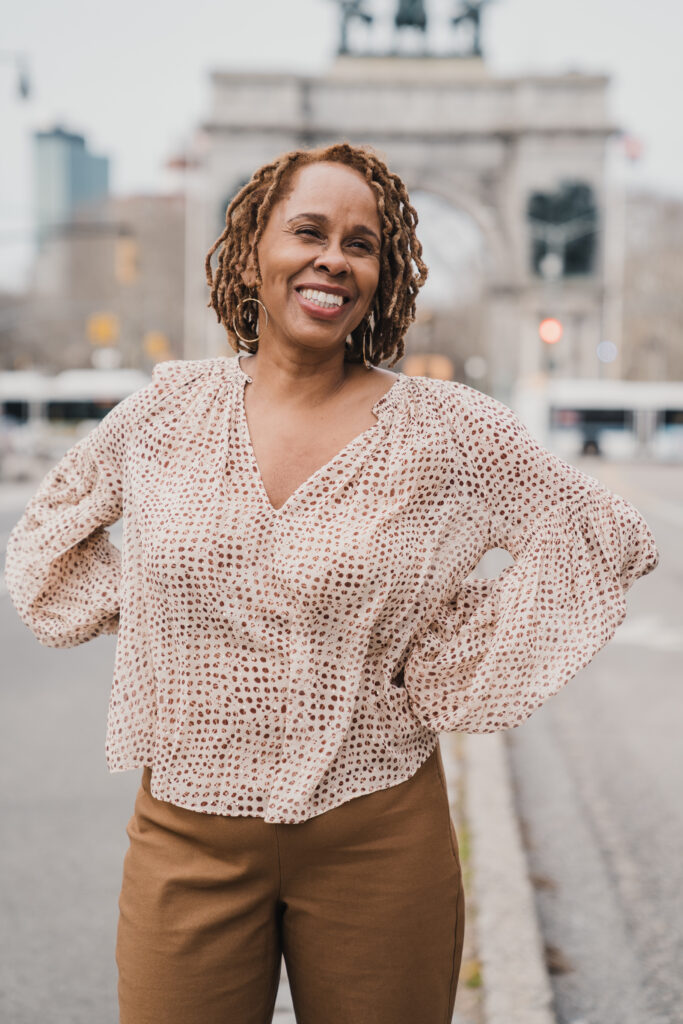
Charlene Allen works with community organizations to heal trauma and fight injustice, especially the beast called mass incarceration. She received her MFA from The New School, her JD from Northeastern University, and her BA from the University of Massachusetts at Amherst. She lives in Brooklyn with her fabulous family and their very silly dog. Play the Game is her debut novel. You can visit her at www.charleneallen.com.
About Play the Game
ADVERTISEMENT
ADVERTISEMENT
From debut author Charlene Allen comes a captivating YA contemporary mystery and coming-of-age story, celebrating the power of friendship, first love, and exploring the criminal justice system from the lens of restorative justice. Perfect for fans of Tiffany D. Jackson, Nic Stone, and Maureen Johnson.
In the game of life, sometimes other people hold all the controls. Or so it seems to VZ. Four months have passed since his best friend Ed was killed by a white man in a Brooklyn parking lot.
When Singer, the man who killed Ed, is found dead in the same spot where Ed was murdered, all signs point to Jack, VZ’s other best friend, as the prime suspect.
VZ’s determined to complete the video game Ed never finished and figure out who actually killed Singer. With help from Diamond, the girl he’s crushing on at work, VZ falls into Ed’s quirky gameiverse. As the police close in on Jack, the game starts to uncover details that could lead to the truth about the murder.
Can VZ honor Ed and help Jack before it’s too late?
ISBN-13: 9780063212794
Publisher: HarperCollins Publishers
Publication date: 01/31/2023
Age Range: 13 – 17 Years
Filed under: Guest Post
About Amanda MacGregor
Amanda MacGregor works in an elementary library, loves dogs, and can be found on Twitter @CiteSomething.
ADVERTISEMENT
ADVERTISEMENT
SLJ Blog Network
2024 Books from Pura Belpré Winners
In Memorium: The Great Étienne Delessert Passes Away
Winnie-The-Pooh | Review
Parsing Religion in Public Schools
ADVERTISEMENT




